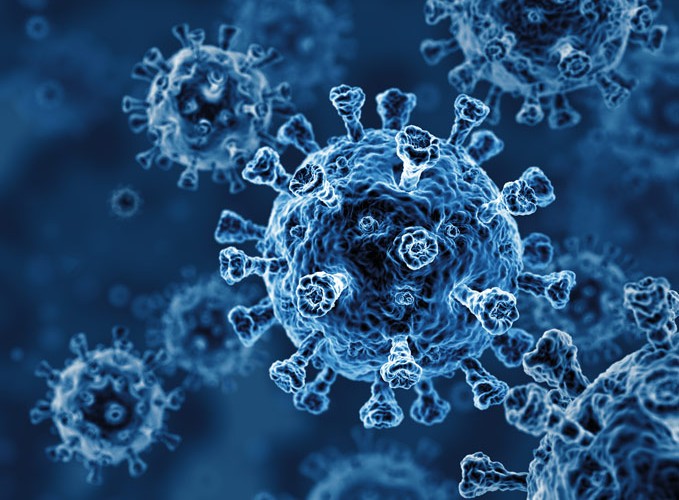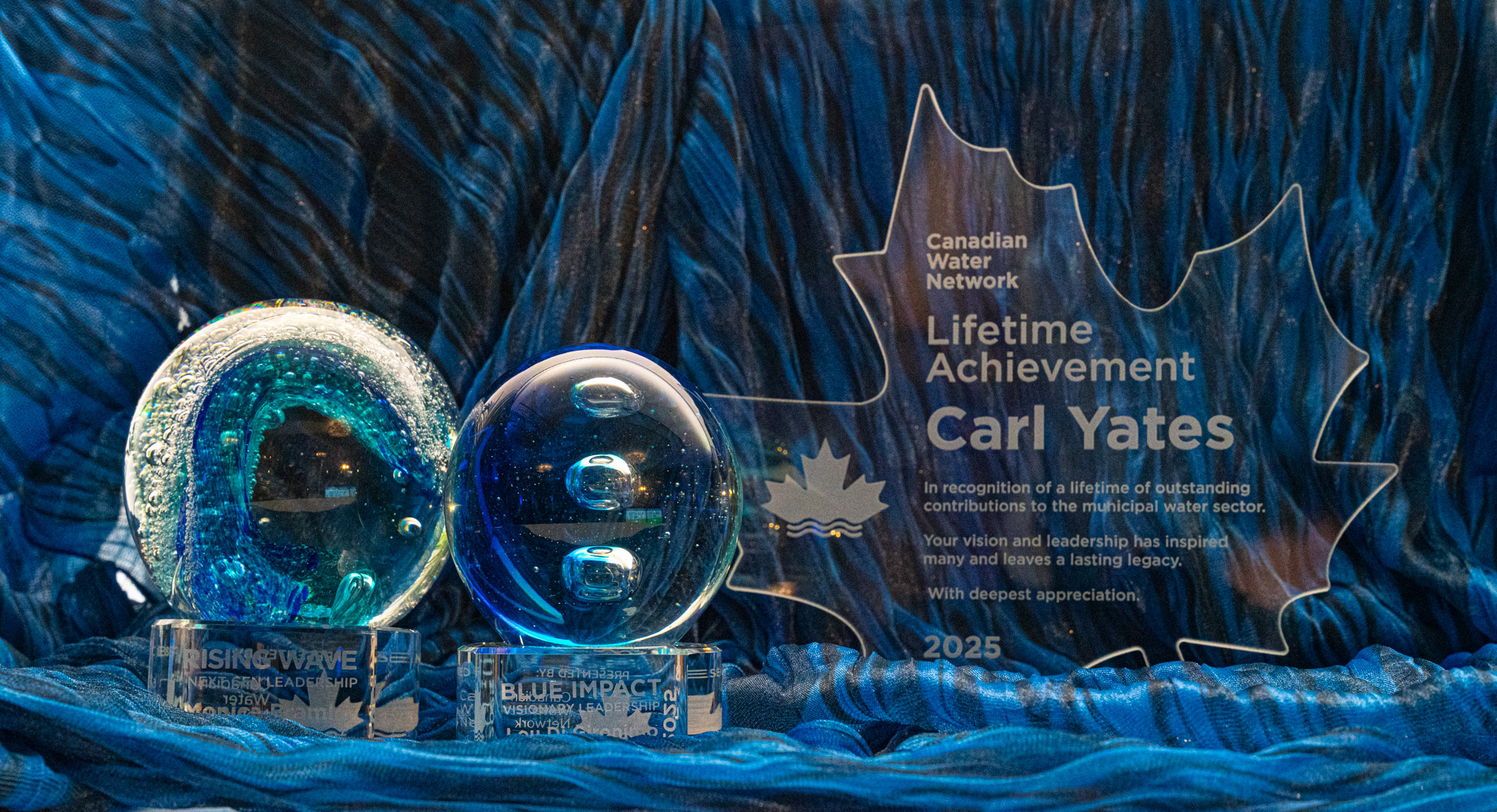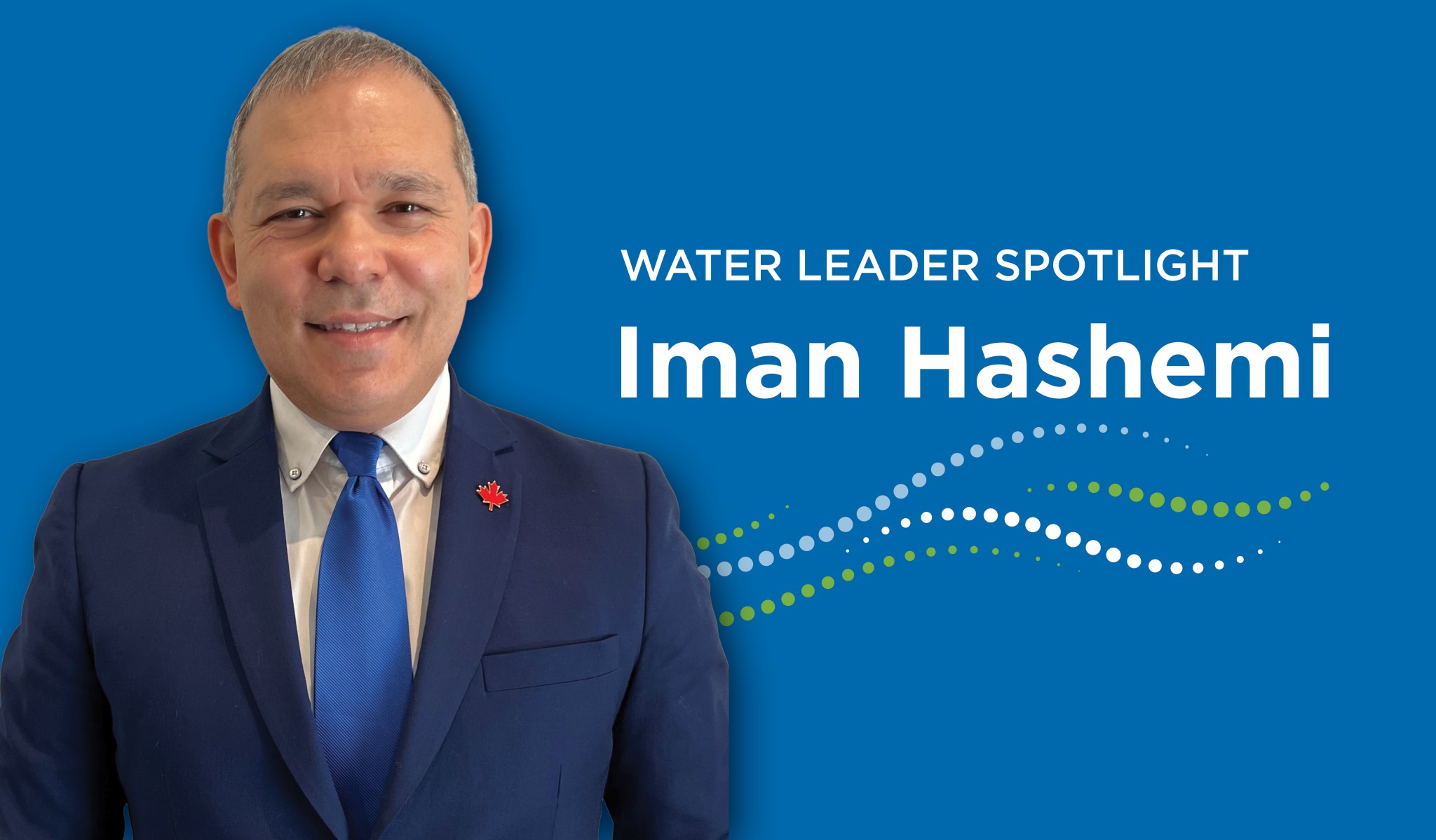Winter update from our water and health program area
December 6, 2024
CWN’s quarterly newsletter with the latest news, insights, and thought leadership.

Submitted by Talia Glickman, Wastewater-based Surveillance Program Manager
CWN’s collaboration with the National Collaborating Centre for Infectious Diseases (NCCID), with funding from the Public Health Agency of Canada (PHAC), is instrumental in empowering public health practitioners through our wastewater-based surveillance (WBS) program. This initiative supports peer learning and knowledge sharing for public health practitioners.
National Summit on Wastewater Surveillance
On September 10 – 12, CWN and NCCID hosted the second National Summit on Wastewater Surveillance in Winnipeg. This year’s discussion focused on the future of wastewater surveillance. The first day of the Summit was co-hosted with the Canadian Public Health Laboratory Network (CPHLN). Special guests included Dr. Howard Njoo, Canada’s Deputy Chief Public Health Officer and interim Vice President of the National Microbiology Lab (NML) and Anil Nichani, Director General, Science, Reference and Surveillance, PHAC. The event brought together 60 experts, public health practitioners and decision makers from all levels of government, Indigenous organizations, academia and laboratories across Canada. Participants shared their knowledge and experiences through a wide range of presentations and interactive discussions.
There were concerns expressed that wastewater surveillance programs may be significantly cut back because COVID response budgets have been suspended in the next fiscal year. Many participants felt there is an urgent need to document and quantify the value of wastewater surveillance to public health protection. This data is needed to build a compelling business case for maintaining even a low level of wastewater surveillance so that we can maintain knowledge and skills to ramp up WBS as necessary. Dr. Rob Delatolla’s cost consequence case study of the benefits of WBS in the timing of issuing RSV prophylaxis in Ontario was presented as one such example. CWN and NCCID have started to develop knowledge products aimed at capturing WBS use cases and success stories, as a contribution towards the business case for WBS in Canada.
International expert panel on the ethics and legal implications of wastewater-based surveillance (WBS)
On November 12th, Talia Glickman (CWN’s WBS program manager) attended the conference Wastewater-based surveillance of infectious diseases: Towards a global perspective in Paris, France, organized by World Health Organization, 4EU+ Alliance, OBEPINE, Sorbonne Université, Geneva Health Forum, and Paris- Panthéon-Assas University. She contributed to a panel discussion on the ethical and legal implications of WBS that explored critical topics such as the privacy and protection of individual rights in WBS data collection, legal frameworks and data protection laws in the U.S. and Europe, and the main laws governing the collection and use of WBS data.
Co-panelists Natalie Ram (University of Maryland, Francis King Carey School of Law) and Jean-Baptiste Guyonnet (Université Paris-Panthéon-Assas) focused on the legal implications of WBS in the U.S. and European Union (EU). The EU tends to have stronger statutes around data protection. Natalie brought up the example of the potential for wastewater data to be used by law enforcement in criminal drug investigations, given that some WBS programs in the U.S. conduct opioid wastewater surveillance. She pointed out, however, that legal implications for law enforcement use of that data are distinct from public health, and that law enforcement would be scrutinized much more closely.
Talia shared information about CWN’s COVID-19 Wastewater Coalition (2020 -2023) and the ethics and communications guidance developed during this time. She highlighted ongoing discussions in CWN’s current WBS program, including managing the risk of stigmatization balanced with the moral obligation and benefits of risk communication.
The panelists suggested that while guidance provided by the law may be limited, or vary from country to country, ethical theory and practice can provide a better guiding framework for WBS. As always in public health, programs and surveillance only work when public trust exists, and for this to take place, there must be ongoing community engagement and a plan for any data collected.
Fall 2024 WBS Strategic Sharing Group
CWN held virtual Strategic Sharing Group meetings in October and November. In October, Dr. Larry Goodridge from the University of Guelph presented on One Health Approaches to WBS. In November, Dr. Chand Mangat (NML-PHAC) and Dr. Kim Gilbride (Toronto Metropolitan University) led a discussion on streamlining WBS methods and target selection.











